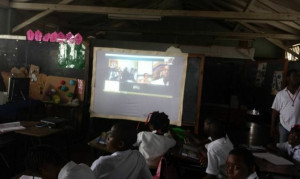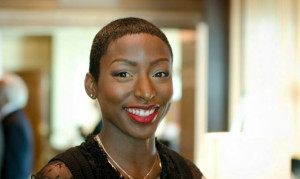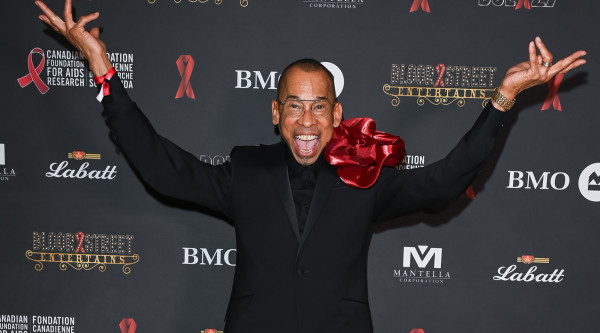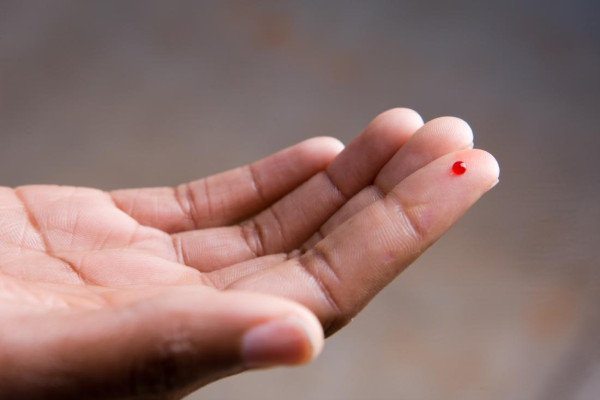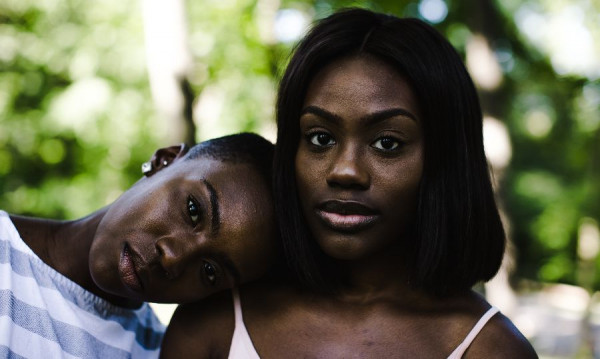Braids for AIDS is an organization providing a culturally relevant response towards HIV/AIDS by creating awareness through hair braiding.
Frederick says there are conventional ways of HIV/AIDS prevention but she wanted to address the issue in a very specific and unique way that was geared towards the African/Caribbean community. This came in the form of hair braiding.
“And this is something which is unique to our community,” she said. “And so utilizing that technique, as well as the relationship that is established between hairdresser and client, barber and client, where very informal conversations that could be appropriate for HIV/AIDS or sexual health information is being passed on.”
Frederick hopes to show people that conversations about HIV/AIDS and sexual health can be engaging and less stigmatized.
“When I was working with an organization as a prevention HIV/AIDS worker for the African Caribbean and black communities, they sort of had a prepackaged way of thinking about how HIV/AIDS prevention should be done in the African/Caribbean community,” she said.
However, Frederick received feedback from the community saying they wanted different approaches to HIV/AIDS that were culturally appropriate or geared towards their uniqueness. Frederick went back to the organization and informed them of what she had heard but they refused to listen.
“So we needed a channel in which we could have our voices heard,” she said. “And carry out HIV/AIDS prevention in a very grassroots unique way.”
She remembers a time she went into a hair salon and spoke with the hairdresser who was Muslim. The hairdresser told her of the stigma of HIV/AIDS within the Muslim community and the stigma around the conversation about sex.
“With her particularly, she wanted to have information regarding HIV/AIDS in her store but she didn’t want to have things like condoms in her store because of the stigma attached to it,” she said.
Frederick went back to the organization and relayed the information the hairdresser had given her about being interested but not wanting to have condoms at her location. The organization responded by saying that if she wasn’t interested in having condoms at her location, she could not participate in the program. On the other hand, she says, “I felt like that was an oppressive model. I think it should be about meeting people where they are, and working with them from that perspective.”
Frederick points to the disproportionate rates of HIV/AIDS within the African/Caribbean community globally as well as in Canada as the reason it is so crucial to reach these communities on their terms.
“People from cultures where HIV/AIDS is endemic, are 8.5 times more likely to contract HIV/AIDS,” she said. “So with these numbers you can see that it needs to be talked about and people need to be engaged.”
Apart from traditional forms of prevention such as using condoms and not sharing needles, Frederick emphasizes the need for open conversations between partners on sexual health. Such conversations don’t really happen but need to. She encourages getting tested on a regular basis.
Myths about HIV/AIDS
Frederick mentions two myths:
1) It is a gay man disease.
2) Faith could be a cure.
“There are so many more myths in regards to HIV/AIDS but the facts are facts, and I think people need to just educate themselves,” she said.
“There are people who are close to me that I have come to know in my journey, who are infected by or lost close ones because of the disease,” she said.
The HIV issue is not separate from Black issues. “When looking at unemployment in the Black community, there is an intersectionality of people with HIV/AIDS experiencing discrimination in employment. If looking at youth justice or even justice in itself and the criminal system, Blacks are more criminalized and in the jail system. And of course there is opportunity for HIV/AIDS or hepatitis to be spread within the jail system. Of course there is that link towards HIV.”
Getting involved
There is a BrAIDS for AIDS synthetic line of hair and BrAIDS for AIDS foundation. The foundation works with the community, barber shops, and youth involved in the justice system. These are some of the ways in which the foundation is combating HIV/AIDS. A portion of funds from the synthetic line of hair goes towards the foundation. A list of participating salons as well as stores that carry the BrAIDS for AIDS brand can be found on the website.
Frederick says the organization is always looking for volunteers whether it be in terms of hair dressing and or being trained as a sexual health promoter for the BrAIDS for AIDS team.
“People can also donate directly to the foundation or just support in terms of spreading the word of the work we are doing in the community,” she said.
For more information on BrAIDS for AIDS visit: www.braidsforaids.com.
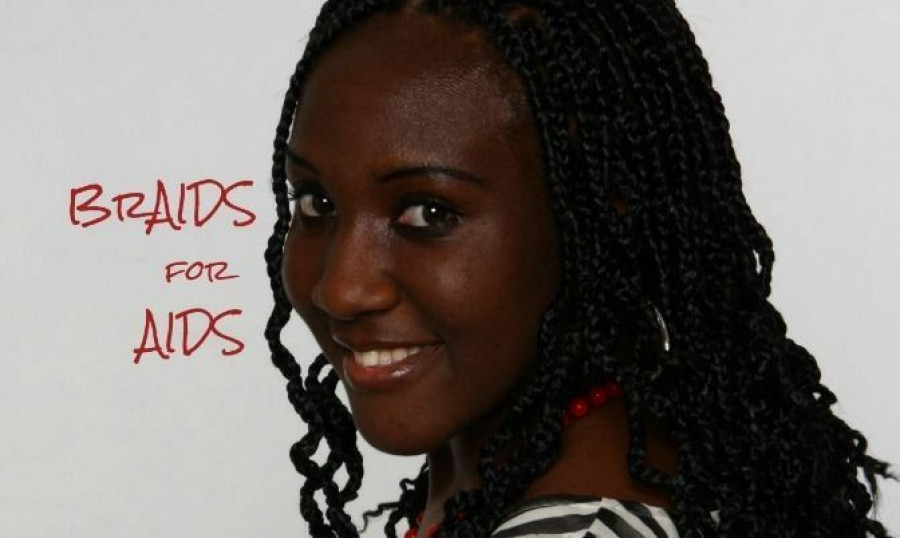
 By
By 




